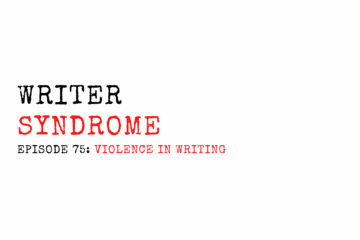A friend of mine, and early beta reader of HOST, told me in their feedback that it felt a little too much of a coincidence that my main character’s father just so happened to be the one who discovered the signal that kicks off the plot. I said that’s fair, but that’s also how stories work. We’re still friends, by the way.
My argument was, every story has at least one coincidence (sometimes, most times, it’s the catalyst or inciting incident that sends our hero on their journey), to get things going. What are the chances that John McClane’s wife happens to work at the company that’s about to be robbed on Christmas eve? Without it, we wouldn’t have the greatest Christmas movie ever made. 🙂
Making that coincidence believable is what’s important. Are the characters, and the situation they’re in aligned to make that feel plausible? How much disbelief (or belief?) do I, as reader or viewer, need to suspend to be OK with continuing this story? Balancing the answers to those questions will keep me around, unless it’s clearly intended to be ridiculous, well then, have at it.
The other big issue with coincidences is how many is too many? (Spoilers: more than one). Once a character is thrust into a world, everything that happens, or occurs, should be because of the world, or obstacles other characters put in the way. Including decisions based on beliefs or backstory that inform their world view, which, if established early, provides readers and viewers with enough information to say, ‘yes, this is plausible.’
Having a special power in the nick of time, or discovering something that had no earlier setup that wasn’t earned, will feel like a cheat, or a deus ex machina. Once a story kicks off, everything after should be earned, and build to a change in character that will solve the problem at hand.
In episode 70 of Writer Syndrome, we dive into coincidences in various stories, including our own. Check it out!


